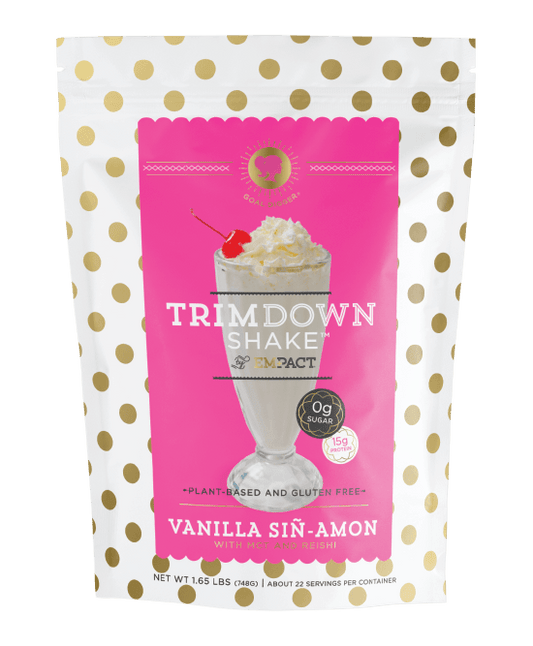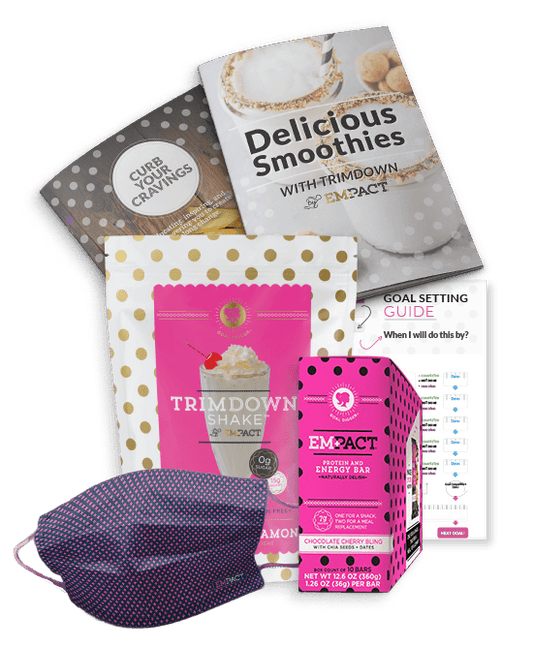Sugar is a staple in many people's diets, and it's a common ingredient in many processed foods, desserts, and drinks.
But how much sugar is healthy to consume? The answer is not straightforward, as the ideal amount of sugar can vary depending on a person's age, gender, weight, and activity level. However, there are some general guidelines that can help you determine how much sugar is right for you.
The American Heart Association (AHA) recommends that women limit their intake of added sugars to no more than 6 teaspoons per day, or 100 calories. For men, the recommendation is no more than 9 teaspoons per day, or 150 calories. These recommendations are based on the average 2,000 calorie diet, so if you have a different calorie needs, your sugar intake may be different.
It's important to note that these recommendations are for added sugars, which are sugars that are added to foods and drinks during processing or preparation. They do not include naturally occurring sugars, such as the fructose in fruit, or the lactose in dairy products.
Added sugars are a problem because they provide a lot of calories without any real nutritional value. In addition, consuming too much added sugar can increase the risk of obesity, type 2 diabetes, and other chronic diseases. That's why it's important to limit your intake of added sugars as much as possible.
How to Reduce Your Sugar Intake
The best way to reduce your sugar intake is to limit your consumption of processed foods and drinks that contain added sugars. Some common sources of added sugars include candy, cookies, cakes, soft drinks, and fruit drinks. Instead, choose foods and drinks that are made with natural sweeteners, such as honey, maple syrup, or molasses.

You can also reduce your sugar intake by eating more whole, unprocessed foods, such as fruits, vegetables, and whole grains. These foods are often lower in sugar than processed foods, and they provide important nutrients, like vitamins, minerals, and fiber, that are essential for good health.
Another way to reduce your sugar intake is to choose foods and drinks that are unsweetened or lightly sweetened.
For example, you can choose unsweetened yogurt instead of sweetened yogurt, or plain oatmeal instead of flavored oatmeal. You can also add fresh or frozen fruit to your oatmeal or yogurt to add a natural sweetness without adding a lot of added sugars.
Finally, be sure to read food labels carefully, and look for products that are low in added sugars. Many foods and drinks that are marketed as "low fat" or "reduced calorie" are often high in added sugars, so be sure to check the label and choose products that are low in added sugars.

It is essential to watch your intake of added sugars. Consuming natural sweeteners and whole, unprocessed foods can help reduce the amount of sugar you are ingesting. Reading food labels and picking products that are low in added sugars is essential for making responsible decisions about your diet and progressing towards your health and wellness goals.









